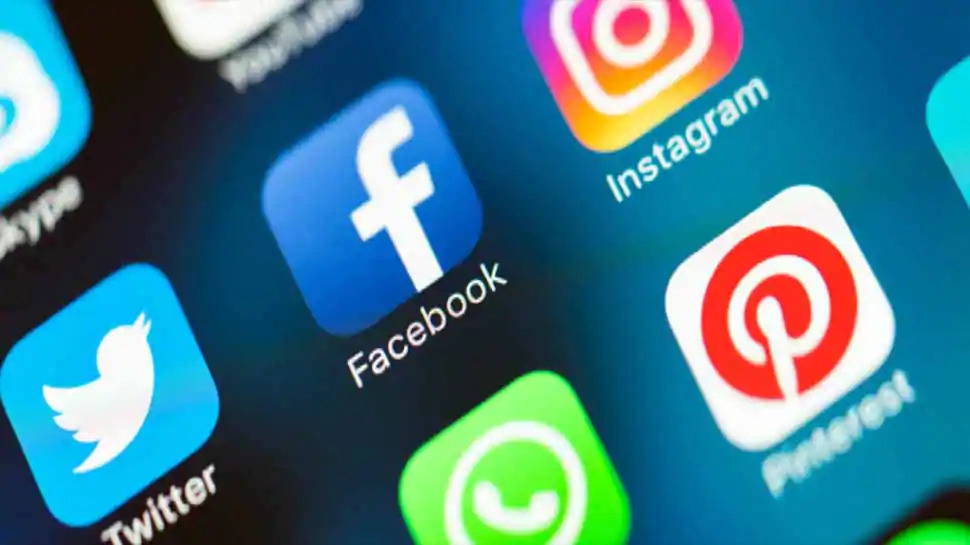(GNB, India): On Thursday, India announced sweeping rules to regulate social media firms, streaming services, and digital news outlets, posing new challenges for giants such as Facebook, Twitter, Google, and Netflix that count Asia’s third-largest economy as their key overseas market.
Ravi Shankar Prasad, India’s IT, Law and Justice minister, said in a press conference that social media companies will be required to acknowledge takedown requests of unlawful, misinformation and violent content within 24 hours and deliver a complete redressal within 15 days. In sensitive cases such as those surrounding explicit sexual content, firms will be required to take down the content within 24 hours.
The regulations would also require social media companies to assist investigations by India’s law enforcement agencies. They were announced as debate swirls over free speech and the suspension by Twitter of some Indian accounts linked to farmers’ protests after regulators ordered them to be blocked.
Social media companies will also be required to appoint compliance, nodal contact and resident grievance officers whose names and contact details will be shared with New Delhi to effectively address on-ground concerns. Firms will also have to set up a local office in India.
Prasad said today social media firms will have to disclose the originator of objectionable content. “We don’t want to know the content, but firms need to be able to tell who was the first person who began spreading misinformation or other objectionable content,” he said. WhatsApp has previously said that it can’t comply with such traceability requests without compromising end-to-end encryption security for every user.
Companies will also be required to publish a monthly compliance report to disclose the number of requests they have received and specify the actions they took. They will also be required to offer a voluntary option to users who wish to verify their accounts.
The new rules, which replace the law from 2011, go into effect for small firms effective immediately, but “significant” services will be provided three months to comply after the date of notification — which will be “very soon,” said Prasad.
The new rules come on the heels of a tense standoff between Twitter and the Indian government. Twitter reinstated several accounts that the government had ordered it to take down for using what it called “incendiary and baseless” hashtags related to farmers protesting against new agricultural reforms. The platform ultimately took down hundreds of accounts and partially restricted others, but drew a line by refusing to block accounts of journalists, activists, and politicians.
Here’s 10-points to this big story:
- Social media giants will be required to appoint India-based compliance officers. If they remove content, they will be required to inform users, give reasons for taking down their posts and hear them out.
- Social media sites have to disclose “first originator” of any mischievous message. “Who began the mischief? You have to say,” said Mr Prasad, adding that this would apply for spreading content for which the punishment is up to five years.
- The oversight mechanism will include a committee with representatives from the ministries of Defence, External Affairs, Home, I&B, Law, IT and Women and Child Development. It will have “suo motu powers” to call hearings on complaints of violation of the Code of Ethics if it wants.
- The government will designate an officer of the rank of a Joint Secretary or above as the “Authorised Officer” who can direct blocking of content. If an appellate body believes that the content violates the law, it is empowered to send the content to a government-controlled committee for blocking orders to be issued.
- Self-classification for streaming services on content that is for 13-plus, 16-plus or adults on the basis of age sex, violence and nudity. A mechanism for ensuring children do not access content not approved for them.
- Digital news media will follow rules under the Press Council of India. New websites will have to be registered on the Information and Broadcasting Ministry site.
- The rules bar social media content that is defamatory, obscene, libelous, racist, harmful to minors, threatens the unity, integrity, defense, security, or sovereignty of India and its ties with other countries. Social media sites have to remove or disable offensive or illegal content within 36 hours of being notified or of a court order.
- Companies have to appoint a grievance officer to receive, acknowledge and resolve complaints within a month. Tech giants will also have to appoint grievance officers.
- An intermediary has to, within 24 hours of a complaint, remove or disable access to content that is illegal or offensive.
- A three-tier mechanism to enforce the Code of Ethics: self-regulation; self-regulation by the self-regulating bodies; government’s oversight mechanism.
A global media for the latest news, entertainment, music fashion, and more.





